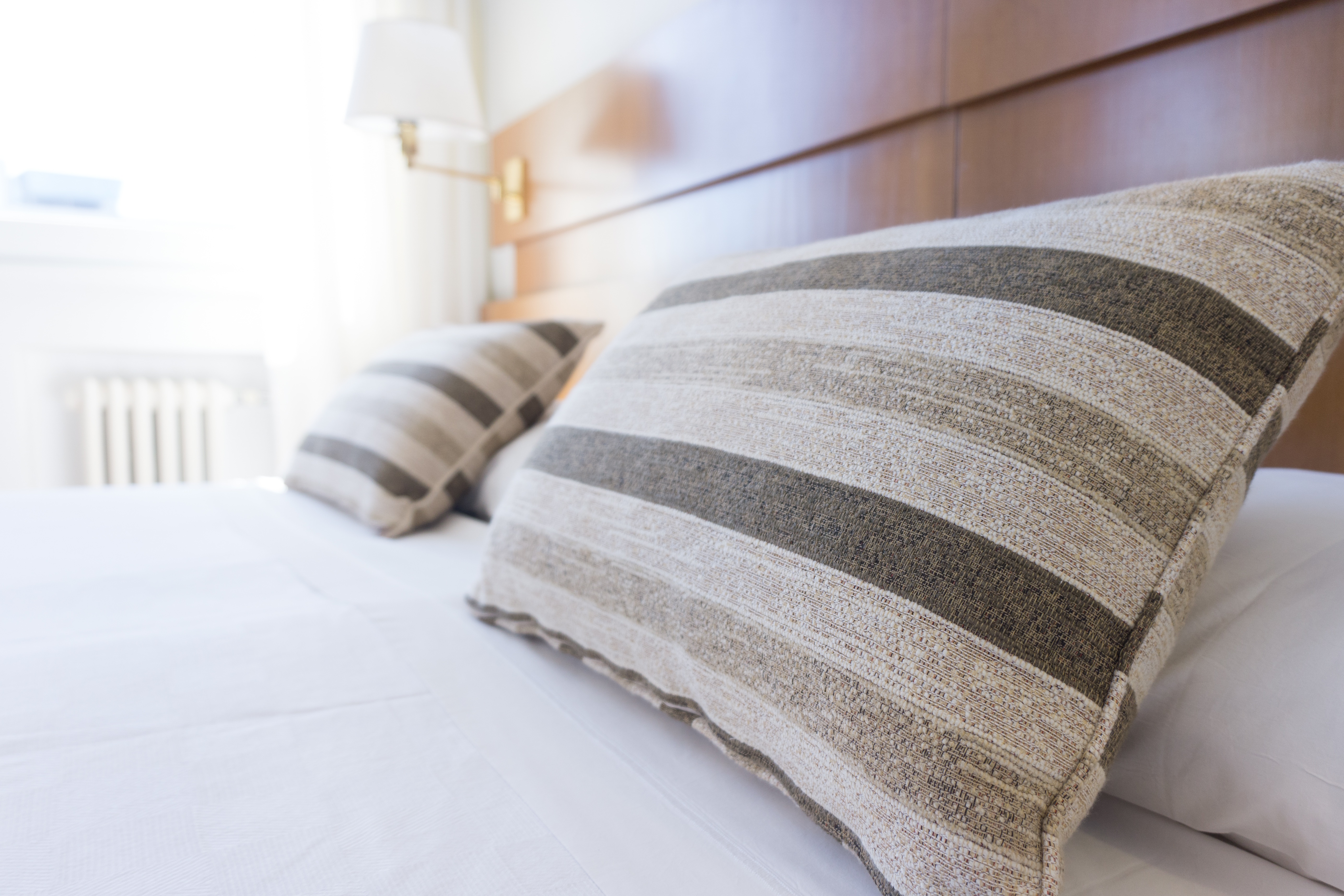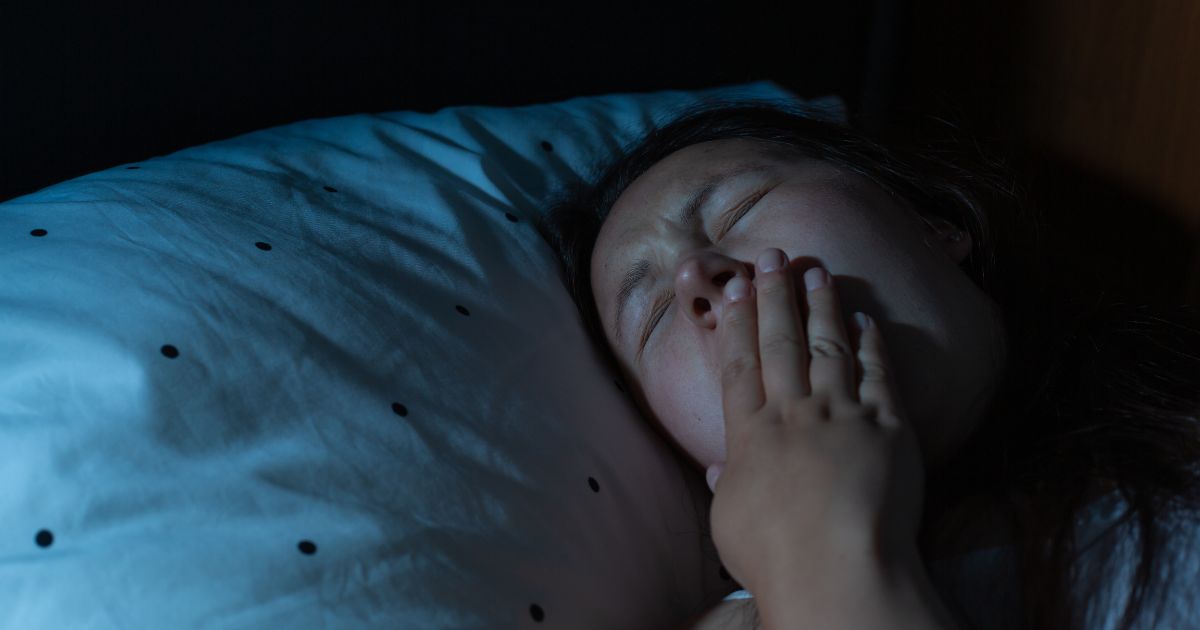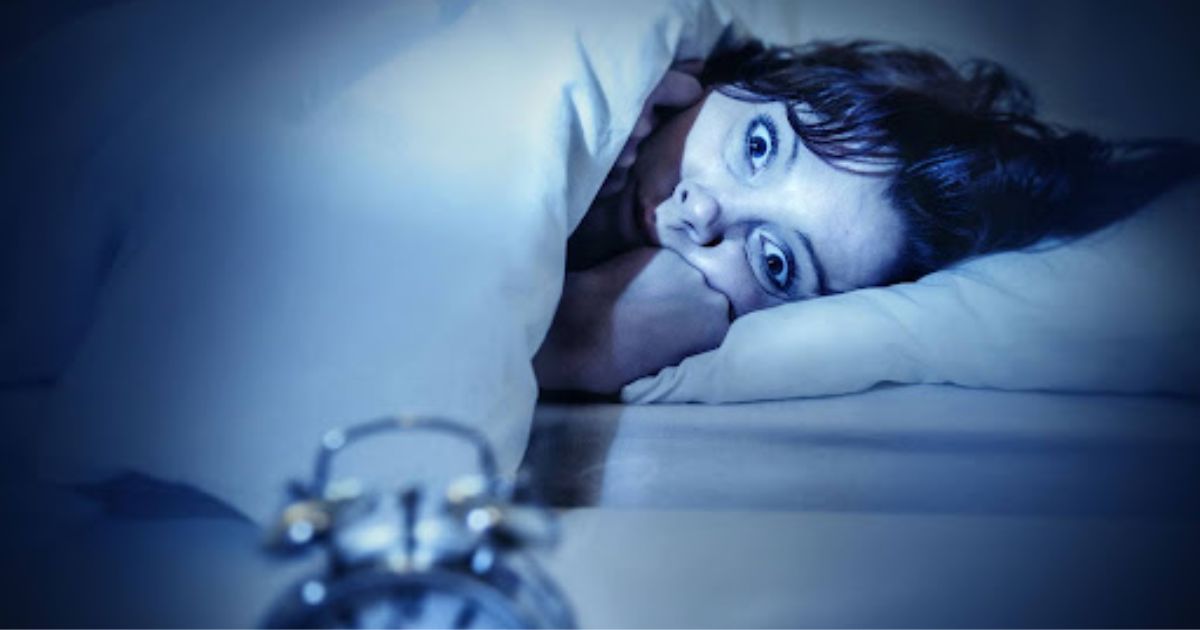Tossing and turning all night? Sometimes, getting enough sleep is easier said than done. Stress from work, relationship issues, illness and change in routine are just some of the things that can interfere with the quality of your sleep. Fortunately, there are some easy things you can do that will help you get a good night’s sleep.
- Stick to a sleep schedule and evening routine.
One of the most important tips is to stick to a consistent sleep schedule. Try going to bed and waking up at the same time every day. This means weekends and holidays, too. When your body is used to a regular sleep cycle pattern, your quality of sleep will improve. It’s also helpful to create a bedtime routine that helps you relax and prepares your mind and body for sleep.
- Cut down on caffeine and alcohol well before bedtime.
Don’t drink caffeinated beverages too late in the afternoon. Caffeine remains in your system longer than you’d think, and as a stimulant it can interfere with your ability to fall asleep and to sleep soundly. Alcohol consumption should also be limited and avoided too close to bedtime. While alcohol may make you feel sleepy at first, it prevents you from having a sound sleep by dehydrating you and reducing the amount of REM sleep you get.
- Exercise, but not too late in the evening.
Getting regular exercise can greatly improve your quality of sleep. It can help you fall asleep more quickly and your sleep will be deeper and more restorative. However, if you exercise too late in the day you may feel too energized, finding it hard to wind down and get to sleep. Make sure to end your sweat sessions a few hours before you go to bed.
- Avoid heavy meals at night.
Eating a heavy meal too close to bedtime can keep you up at night and even cause discomfort and heartburn. Your body is not designed to digest food while you sleep, so eating too much too late can keep you from getting to sleep. If you must eat something at night, try to avoid fatty foods and proteins and instead opt for lighter food that’s easy to digest.
- Power down your electronics.
At least an hour before bedtime, dim the lights and turn off all electronic devices. This includes smartphones, laptops, tablets and televisions. The bright light that these devices emit signals the brain that it’s time to be awake. By powering down well before bedtime, you’ll be able to fall asleep more easily and maintain a consistent sleep schedule.
By following these tips, you should be on your way to a great night’s sleep. But if you’re still having trouble sleeping, it may be time to see a sleep specialist. While most everyone has experienced a restless night on occasion, if it’s happening too frequently it could be due to an undiagnosed sleep disorder such as sleep apnea, restless leg syndrome or insomnia. Contact Dr. Nassar at Jacksonville Sleep Center to find out what’s keeping you from getting a good night’s sleep.






